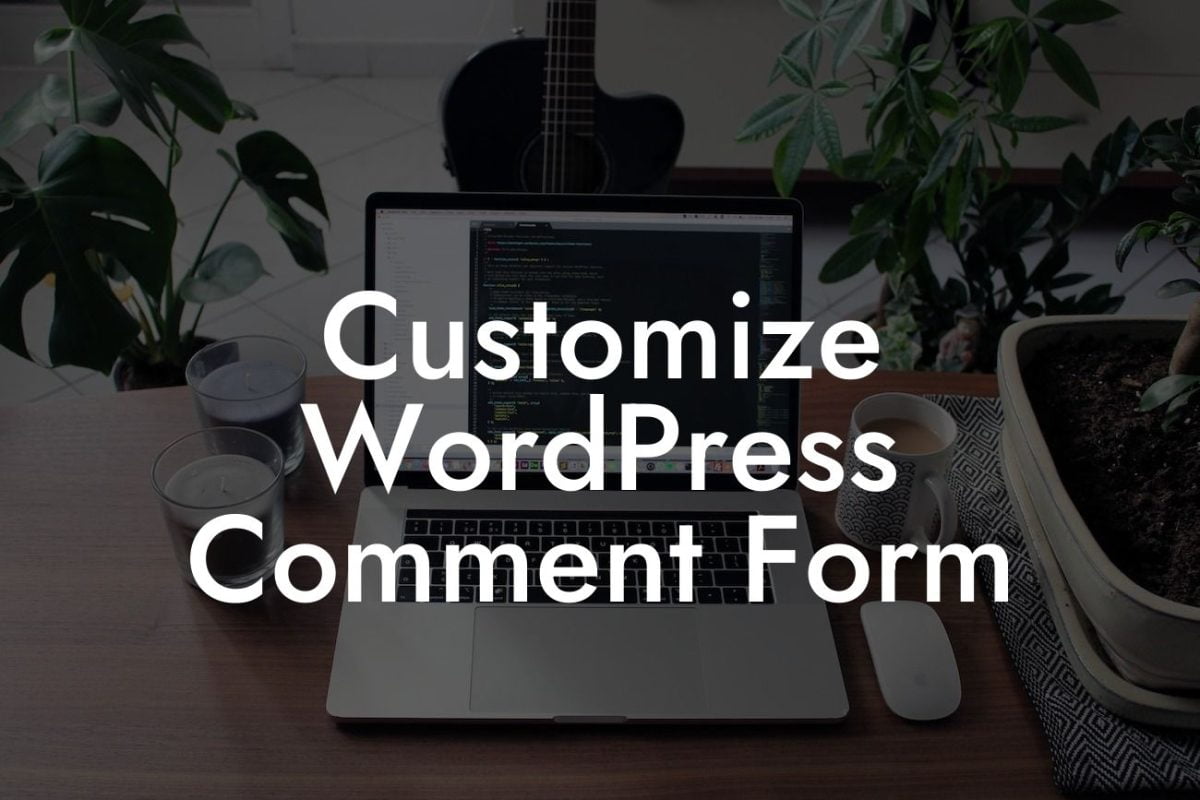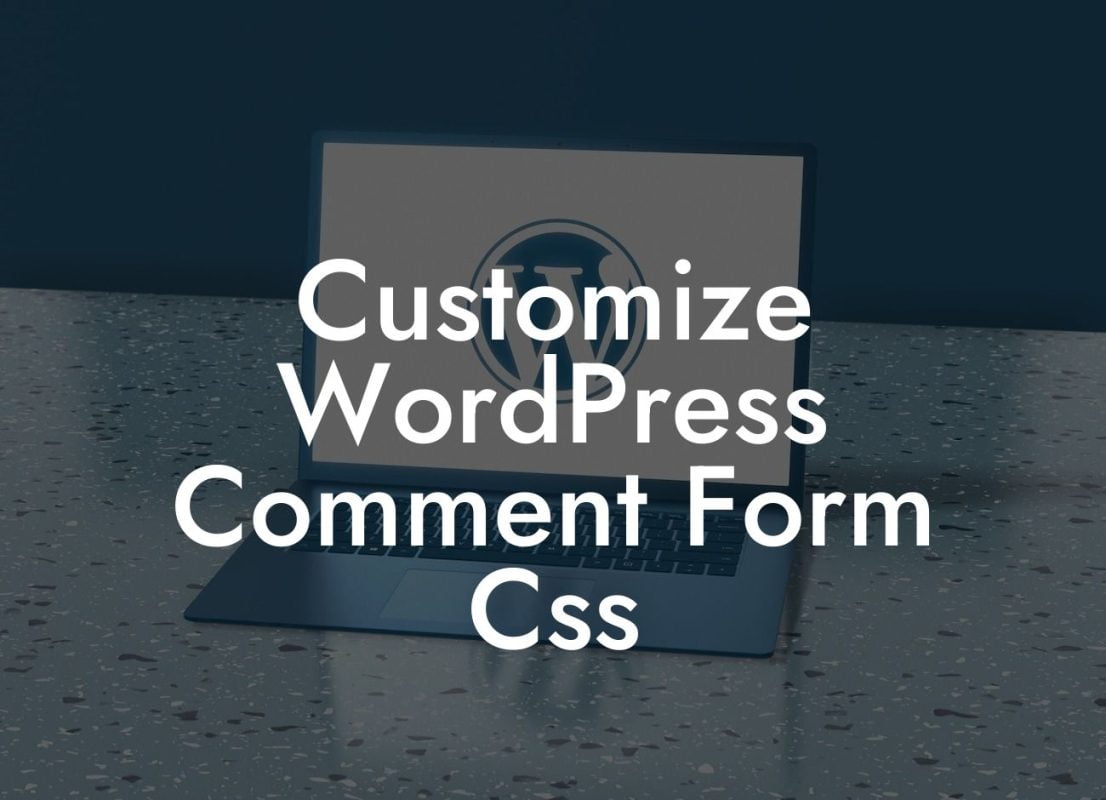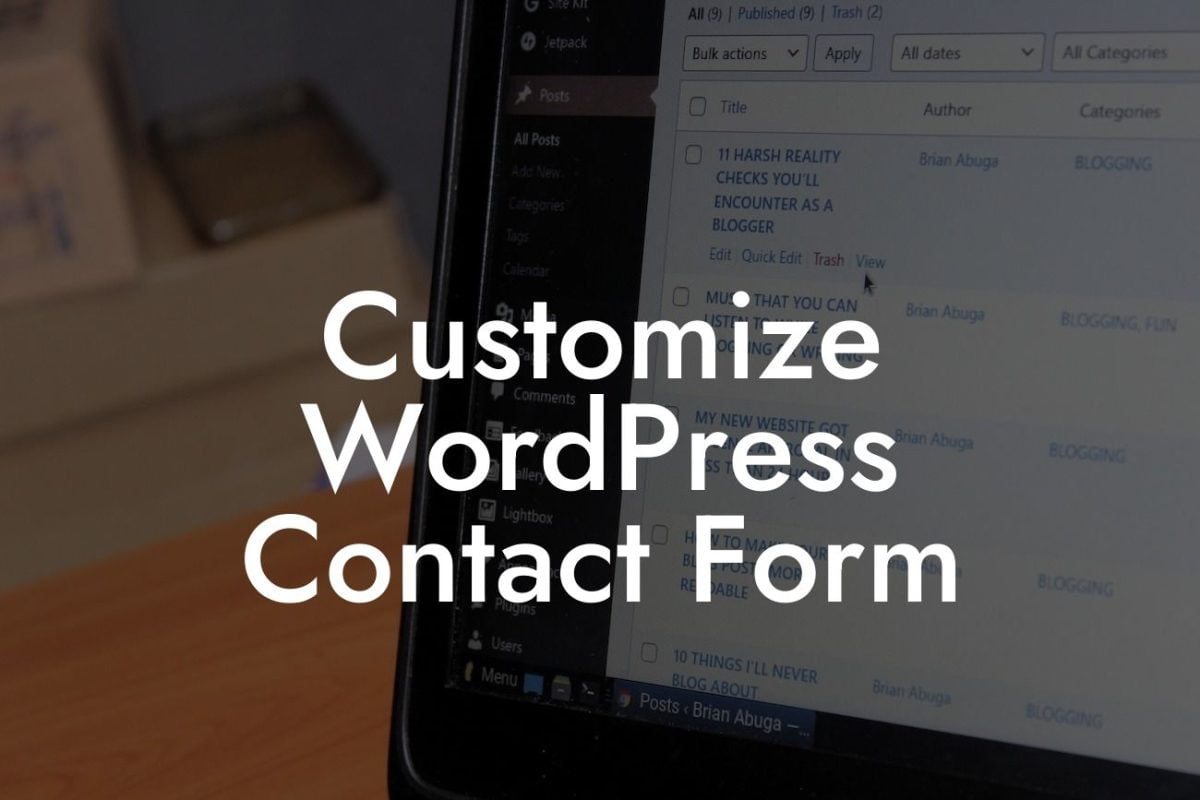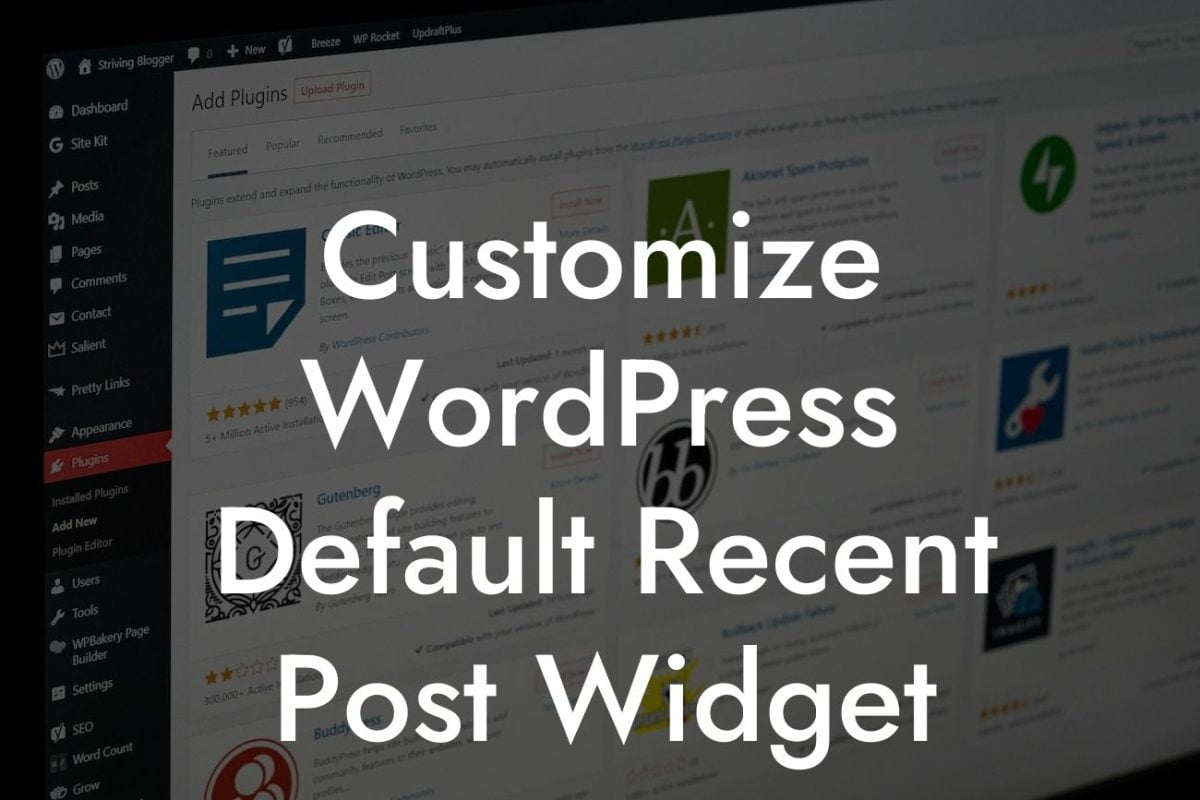Adding a privacy policy to your WordPress website is not just merely a legal requirement, but also a crucial step in building trust with your audience. As a small business or entrepreneur, it's essential to ensure that your website complies with privacy regulations and safeguards your users' personal information. In this comprehensive guide, we will walk you through the step-by-step process of adding a privacy policy to your WordPress site, empowering you to elevate your online presence. With DamnWoo's exceptional range of WordPress plugins designed exclusively for small businesses and entrepreneurs, you can implement an extraordinary privacy policy effortlessly.
Adding a privacy policy to your WordPress site is a vital aspect of your overall website strategy. Not only does it establish transparency and trust with your audience, but it also helps you comply with various privacy laws, such as the General Data Protection Regulation (GDPR) or the California Consumer Privacy Act (CCPA).
1. Understand the purpose of a privacy policy:
A privacy policy is a legal document that informs your users about the information you collect, how it is used, and how you protect their privacy. It should address aspects like data collection, cookies, third-party services, and data retention policies.
2. Create a privacy policy:
Looking For a Custom QuickBook Integration?
To create a privacy policy, you can either consult a legal professional specializing in privacy laws or use a privacy policy generator. DamnWoo offers an extraordinary WordPress plugin that enables you to generate a privacy policy tailored to your specific website needs effortlessly. Simply install the plugin, answer a few questions about your website's data practices, and generate a comprehensive privacy policy in minutes.
3. Customize your privacy policy:
Once you have generated a privacy policy, it's essential to review and customize it to align with your unique business practices. Make sure you include information relevant to your website's specific data processing activities, such as contact forms, newsletter subscriptions, or e-commerce transactions. DamnWoo's plugin allows you to easily customize and update your privacy policy whenever needed.
How To Add Privacy Policy To Wordpress Example:
Let's say you are running an e-commerce website that collects user data for processing orders, managing customer accounts, and sending promotional newsletters. Your privacy policy should clearly outline the types of data you collect, how it is processed, and the security measures in place to protect customer information.
Congratulations! You have successfully added a privacy policy to your WordPress website, ensuring compliance and building trust with your audience. DamnWoo's exceptional range of plugins empowers you to enhance your online presence and protect your users' privacy effortlessly. Don't forget to share this article with others who may benefit from it and explore other guides on DamnWoo that can supercharge your success. Try one of our awesome plugins today and witness the extraordinary transformation of your website.













